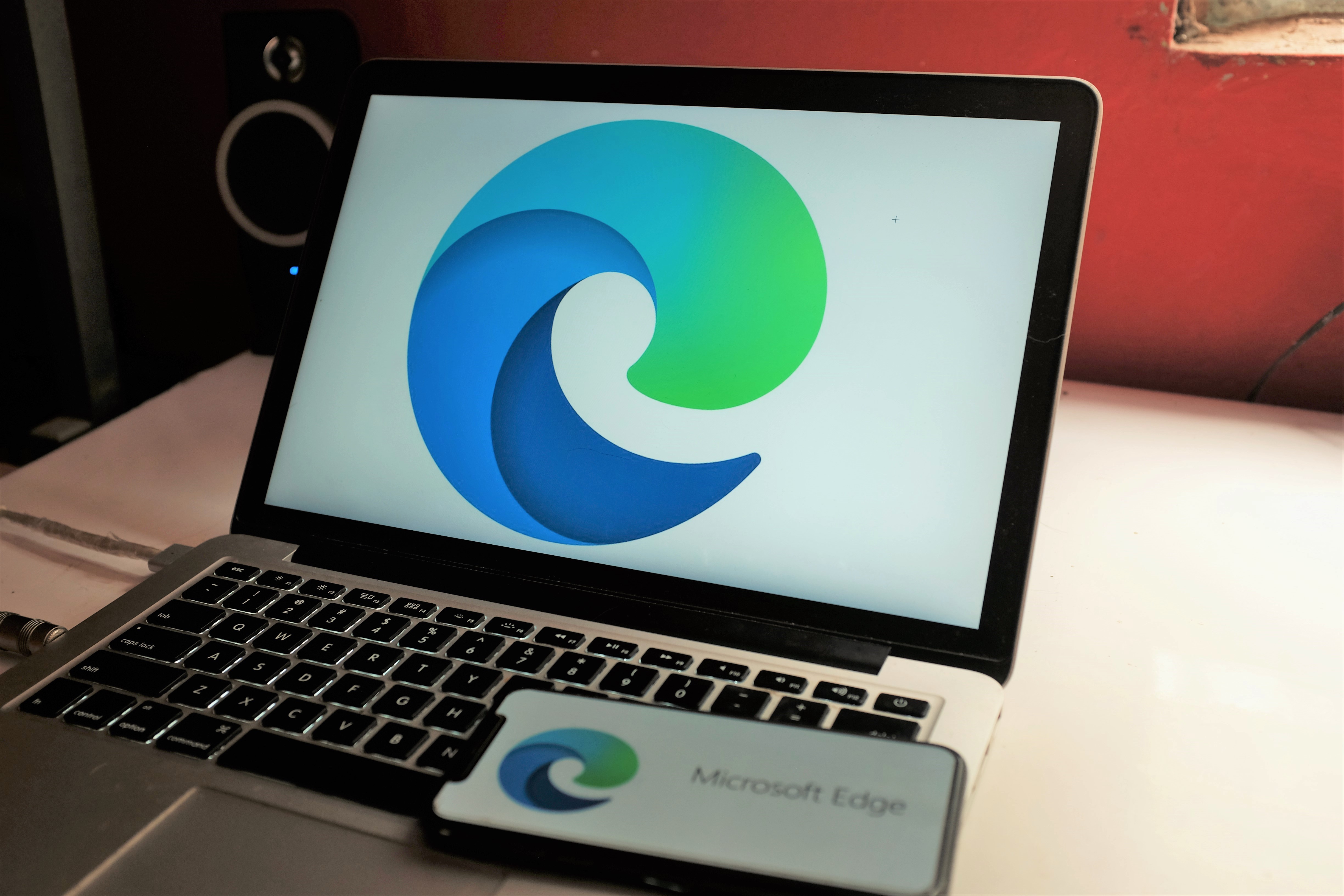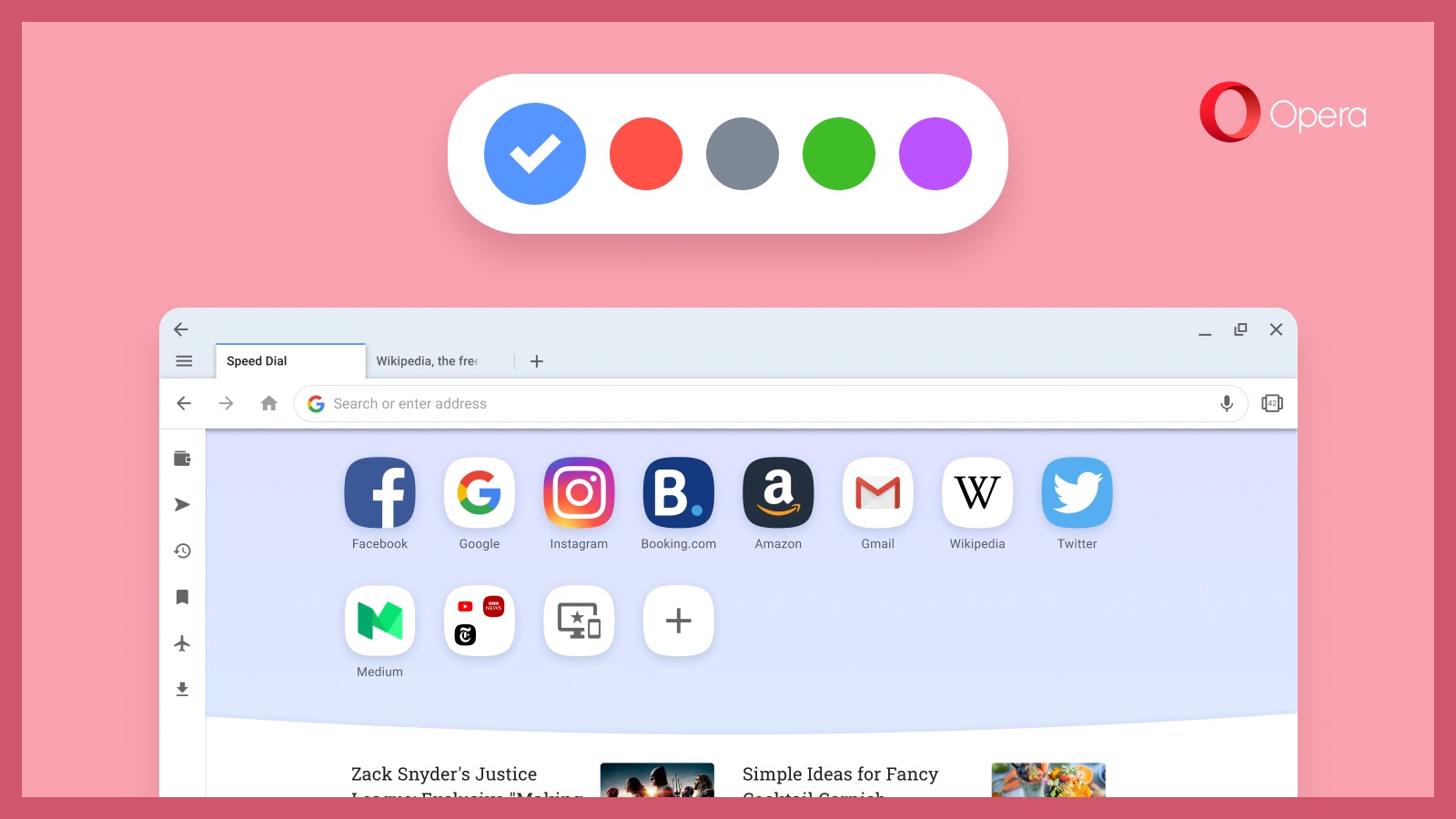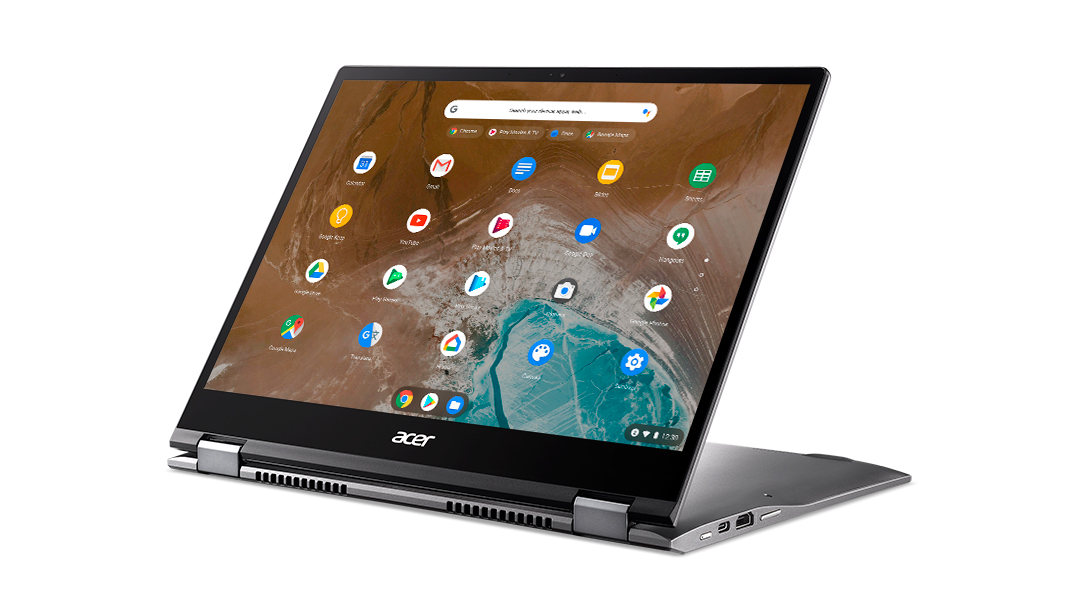Businesses can block Chromium-powered Edge rollout
Microsoft gears up for the Microsoft Edge relaunch as developers are invited to submit browser extensions


Microsoft’s next-gen Edge internet browser will be beamed to Windows 10 devices from January 2020, but reticent organisations can block the software update from rolling out automatically.
From 15 January, Windows users will be able to browse the web using a Chromium-powered version of Microsoft’s flagship browser, according to official documentation, as the company aims to ratchet up its prominence and userbase.
The new browser will be shipped through Automatic Updates for Windows, but organisations reluctant to make the immediate switch can use a Blocker Toolkit to prevent the update being delivered automatically. This tool will not expire, and organisations can use it to block an automatic update.
Businesses that manage IT environments through an update management platform such as Windows Server Update Services wouldn’t need to use the Blocker Toolkit, however. These systems can already be used to manage the rollout of Windows 10 updates, including the addition of Chromium-based Edge.
While Edge, and Internet Explorer before that, failed to capture the internet browsing public’s imagination against the likes of Chrome, Firefox, Opera and Safari, Microsoft is hoping a host of revisions to the software would pose something of a gamechanger.
Microsoft, meanwhile, has invited developers to submit their apps and extensions through the Partner Center Developer Dashboard, which has been released in preview. The Microsoft Edge Addons store has been opened fully, and previously released Chromium-ready browser add-ons will be compatible with the new Edge.
The Edge browser, built using Google’s open-source technology, has been in preview for the last few months and represents a major directional change in light of the fact Microsft has ditched its own web engine.
Get the ITPro daily newsletter
Sign up today and you will receive a free copy of our Future Focus 2025 report - the leading guidance on AI, cybersecurity and other IT challenges as per 700+ senior executives
The company unveiled a series of business-focus features for its new Edge browser in November, as well as a new logo to distinguish its identity from the Microsoft Edge of old.
An update to the preview version of Edge saw the introduction of an ability to access company intranet directories within the browser.
There is also functionality to allow workers to drag and drop items from search results into a list that can be shared to others, including images and metadata. These lists can be exported to Word, or Excel, which will input the metadata into a spreadsheet.

Keumars Afifi-Sabet is a writer and editor that specialises in public sector, cyber security, and cloud computing. He first joined ITPro as a staff writer in April 2018 and eventually became its Features Editor. Although a regular contributor to other tech sites in the past, these days you will find Keumars on LiveScience, where he runs its Technology section.
-
 Global cybersecurity spending is set to rise 12% in 2025 – here are the industries ramping up investment
Global cybersecurity spending is set to rise 12% in 2025 – here are the industries ramping up investmentNews Global cybersecurity spending is expected to surge this year, fueled by escalating state-sponsored threats and the rise of generative AI, according to new analysis from IDC.
By Ross Kelly Published
-
 Google Cloud is leaning on all its strengths to support enterprise AI
Google Cloud is leaning on all its strengths to support enterprise AIAnalysis Google Cloud made a big statement at its annual conference last week, staking its claim as the go-to provider for enterprise AI adoption.
By Rory Bathgate Published
-
 Google adds new security vendor plugins for Chrome, improved Chrome OS policy controls for IT admins
Google adds new security vendor plugins for Chrome, improved Chrome OS policy controls for IT adminsNews New integrations across various security pillars aim to improve Chrome OS and Chrome browser security for enterprise customers
By Connor Jones Published
-
 Google says Chrome is now faster than Safari on Apple Silicon
Google says Chrome is now faster than Safari on Apple SiliconNews According to Apple's own benchmarks, Chrome 99 scored the highest out of any browser ever tested
By Connor Jones Published
-
 Raspberry Pi OS finally gets a 64-bit release
Raspberry Pi OS finally gets a 64-bit releaseNews After nearly two years in development and beta testing, the 64-bit version unlocks the Raspberry Pi's full 8GB memory
By Connor Jones Published
-
 Opera update adds free VPN, built-in ad blocker to ChromeOS browser
Opera update adds free VPN, built-in ad blocker to ChromeOS browserNews The browser claims to be the first to be fully optimised for ChromeOS since the operating system launched in 2011
By Bobby Hellard Published
-

 Acer Chromebook Spin 713 review: A high-end package with a budget price
Acer Chromebook Spin 713 review: A high-end package with a budget priceReviews A premium Chromebook with a mid-range price and great performance, this is a very tempting machine
By Stuart Andrews Published
-
 Google speeds up Chrome update cycle to four weeks
Google speeds up Chrome update cycle to four weeksNews Enterprise administrators will have a slower eight-week option to manage the update
By Bobby Hellard Published
-
 Google extends Chrome support for Windows 7 until 2022
Google extends Chrome support for Windows 7 until 2022News The company says the COVID-19 pandemic has stalled some businesses' Windows 10 migration plans
By Carly Page Published
-
 Chrome 87 arrives with bolstered performance and security
Chrome 87 arrives with bolstered performance and securityNews Final update of 2020 for Google's web browser will bring changes to search and open tabs
By Bobby Hellard Published